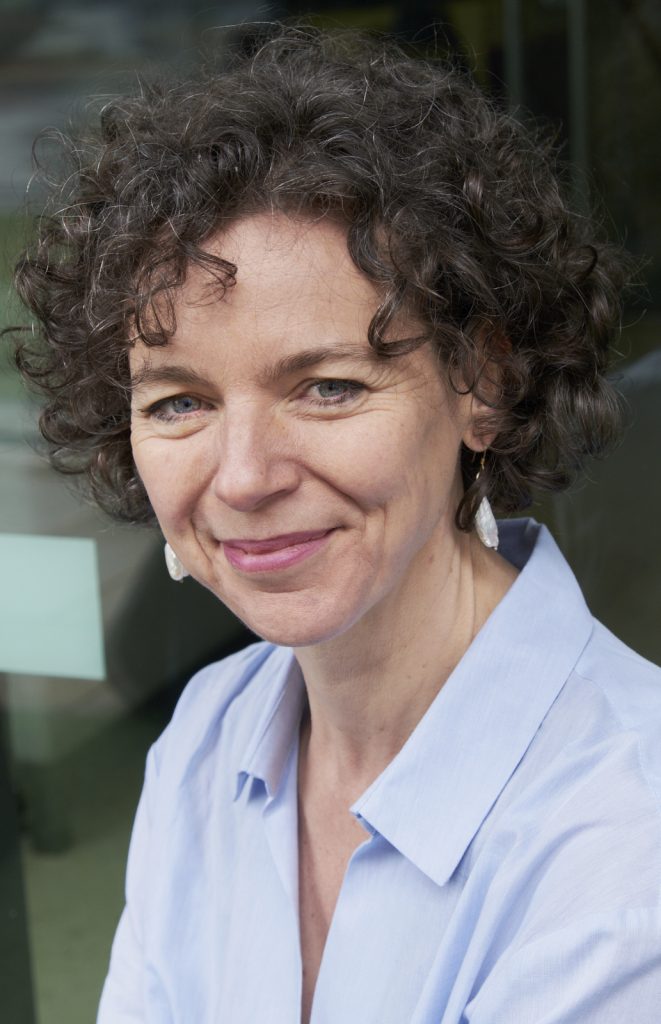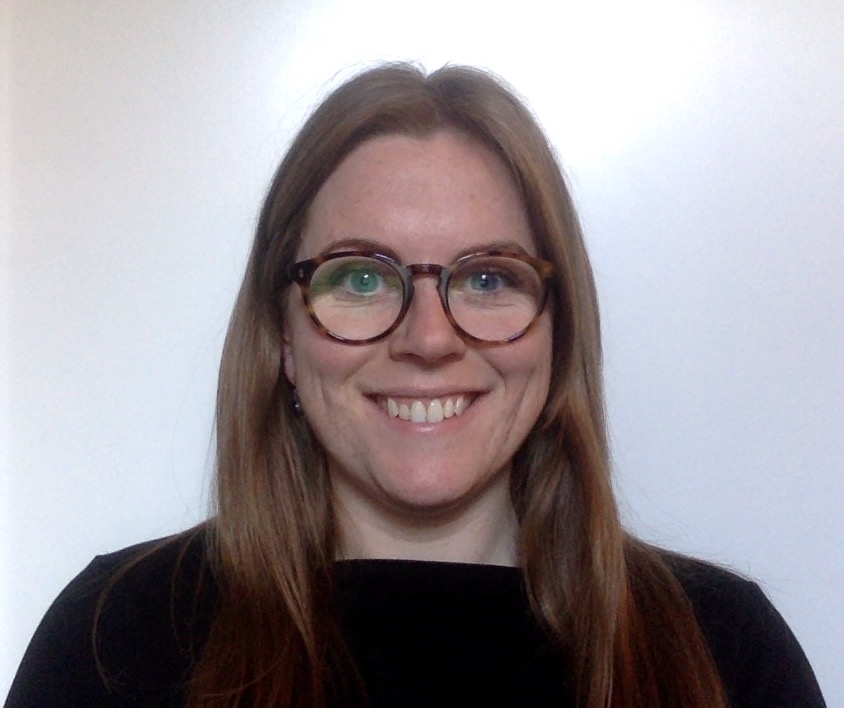The Translation Mentoring Scheme was launched by the ITI French Network in 2020. The scheme focuses on developing translation skills and is aimed at both experienced translators and newcomers to the profession. Mentees work on three translations over a period of six months, which mentors provide feedback and guidance on.
Below a mentor pair shares their experience of the scheme. Read other mentor reports.
Karen and Juliet: pulling apart French texts to create natural English
The mentee: Karen Henry

A late starter in the translating industry, I began freelancing in 2012 after fifteen years running a business in the hospitality sector. I must confess that when I started, I saw translating as a way of bringing up three young boys and earning some money at the same time. I enjoyed the challenge of translating, but completely neglected the marketing side of my business and, as a secondary breadwinner, I was happy just to tick along with the agencies I had found initially.
Looking back, the mistake I no doubt made was opting for membership with online translation directories rather than joining a professional organisation like ITI. Membership of the latter was on my list of things-to-do but, having only learned about ‘Getting Things Done’ at this year’s ITI conference, seemed to move further and further down my list! But gradually, the increasingly short deadlines and ‘rates wars’ began to weigh me down. I also felt that my translation skills were stagnating through lack of feedback from agencies. Joining ITI was a turning point for me. It gave me the push I needed to see translating as a professional career and not just a stopgap.
The mentoring scheme came along just at the right time. Juliet was very down to earth and keen to share her as much of her knowledge of the translation industry as possible. As well as working on my translation skills, we also discussed increasing rates, finding new clients, specialisations, research methods, reference material and books, the importance of having a revisor, and even how to react when a client wants to make changes.
The first two translations Juliet sent me were ones she had worked on herself for clients. This meant that once I had read through her edits and comments for my translations, I could then see how she had tackled them. As Juliet was due to participate in the ITI translation slam, she suggested I translate this for my third assignment. I was then able to watch the slam live at the ITI conference and compare the translations with my own attempt, before meeting on skype with Juliet to discuss the whole process. This really helped me to see how Juliet went about taking the French text apart, removing the clutter and putting it into a more logical order for English readers.
I have gained a great deal from this mentorship. I now see myself as a professional translator, and if I am to continue to grow, both as a translator and individual, I need to start looking for clients and agencies who realise all the time, effort and creativity that go into good translations! I have also gained a new colleague and friend. A big thank you to Juliet and the ITI FrenchNet!
Karen Henry is a freelance translator, working from French to English and specialising in the wine & spirits, and the equine industry.
The mentor: Juliet Baur

When I read about the mentoring scheme, I decided it was time to give back to the community that had helped me so much. I had never mentored before but hoped my 20+ years of translating experience could be useful to others. I was paired with Karen Henry, who wanted to improve her translating skills, but also needed a like-minded person to talk to. It seemed to me that Karen was feeling much the same way I felt before I joined SFT and ITI: alone, fed up with agency work and shrinking rates, and plagued by the imposter syndrome. I hoped I could act as a sounding-board and confidence-booster as well as provide tips and advice on actual translation technique.
I gave Karen three texts I had translated myself: a descriptive food and tourism text, a creative piece from an annual report, and lastly, the ITI Conference slam text. Karen translated each text in her own time, I returned my edits in track changes and then we discussed them at length over Skype. From the first text, I could see that Karen had a keen understanding of French, talent as a writer in English and enjoyed translating. I encouraged her to give her creativity free rein, but to respect the client’s text – sometimes she let her inspiration get the better of her and removed or added things unnecessarily. Karen’s style and self-confidence improved visibly as we progressed. The final text was the one we talked about in most detail. Karen wanted to understand how to pare the French down into succinct, clear and easy-to-read English. I advised unpacking the source text and rewriting it in plain English, retaining all the key elements of the French but cutting out redundancies and repetitions. Using the first person, an active voice, and Anglo-Saxon root words are also useful ways to make the text sound natural in English.
As well as discussing style and technique, we looked at the translation process. I showed Karen my revisor’s edits for the second text and we also looked at my translation buddy’s “traffic light” revisions to the slam text. He had highlighted what he liked in green, what he wasn’t sure about in yellow and what he didn’t like in red. I think Karen found it especially useful to see the different stages a translation goes through. I really wanted her to realise how invaluable a second pair of eyes can be!
During our Skype calls we also discussed specialising, finding direct clients, pricing and the premium market. I encouraged Karen to start by attending translator events and find a translation/revision partner. That worked for me and I’m sure it will work for her too!
I really enjoyed mentoring Karen and learnt a lot in the process. I wish her every success and will definitely keep in touch!
Juliet Baur is a French to English translator specializing in corporate communications and creative, editorial texts.



